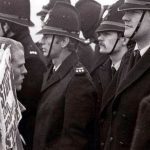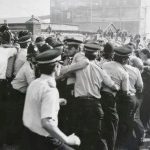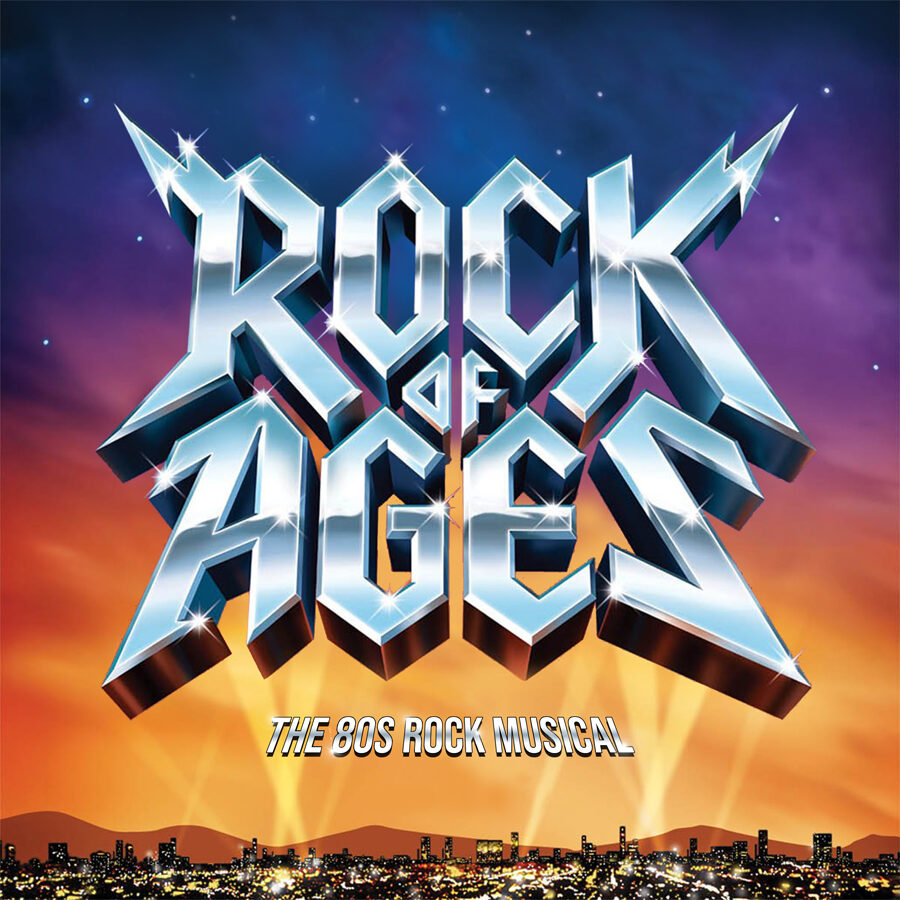A Chat with Billy Elliot Dialect Coach Vanessa Dinning
MEET DIALECT COACH VANESSA DINNING

Hometown: (Where in England you’re from)
My hometown is Durham, in County Durham in the North East of England, about an hour or so south of the Scottish border. I grew up in a very small village called Lanchester a few miles outside of the city, and very, very close to the village of Easington Colliery where Billy Elliot is set. I moved to London for University and for postgraduate theatre training and lived there for 14 years before moving to San Diego.
The challenges are different depending on the requirements of a particular play or musical. Sometimes the accent is particularly tricky and nuanced. Other times I’d say the biggest challenge is time. I am contacted frequently by people who say, “I’ll book you for an hour,” and think they’ll master an English accent or an Australian or German or Italian accent in that time. To give a comparison, would you expect to be able to pick up a violin for the first time and just because you’ve heard someone else do it, be able to play Tchaikovsky’s Violin Concerto in an hour? It takes time, effort, patience and hours and hours of laborious work to truly embody a dialect so that you not only sound like but can act with it freely, like a native.
I was a little girl in Durham during the Miners’ Strike but can still remember is quite vividly. It was all everyone talked about for the longest time. My dad’s family were miners, although at the time of the strike, my dad was no longer working for the mines. Many of my friend’s fathers, grandfathers and uncles were on strike and picketed. My dad’s brother, my Uncle Ray, was the Assistant Chief Constable for Durham Constabulary during the Miners’ Strike and was responsible for all Police operations in the Force – many of which were brought in from other parts of the country, mostly the south – at that time. This really was a huge responsibility. As a child, it didn’t even register with me just how integral a role my Uncle Ray played during the Strike. When he learned I was working on the show, he was brilliantly helpful and set me 100s of photographs and told me about some of his experience.


Police in Easington during the 1984 Miner’s strike
For me, I was just like one of the little girls in the ballet class. My Mrs. Wilkinson was called Mrs. Fergusson and we had weekly classes in the local community center, just like in the show. It’s just what we did. Being part of Billy Elliot is like stepping back in time. It has brought up so many memories.


Vanessa Dinning in ballet class at Lanchester Community Center in Durham in the early 80s.








